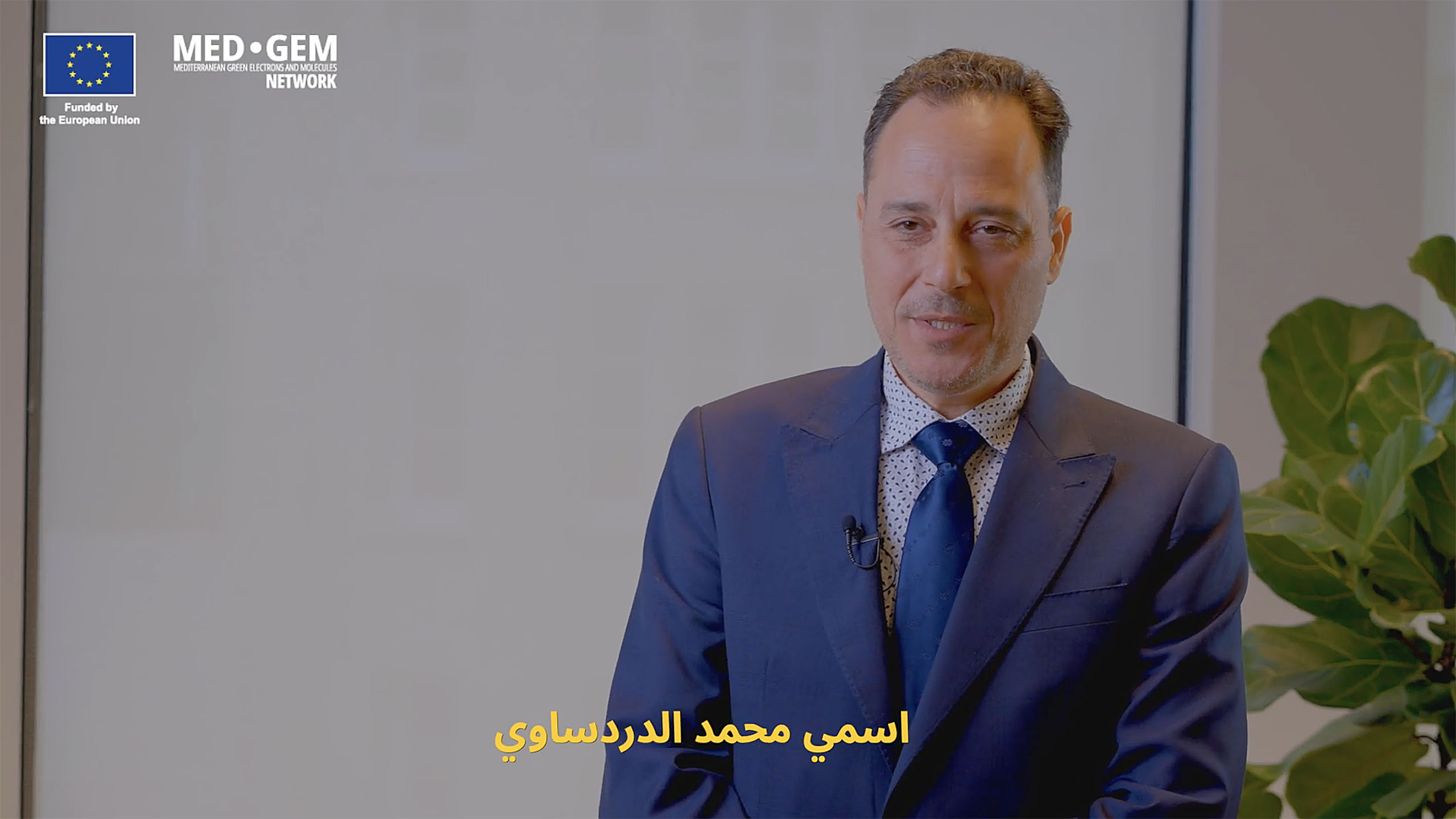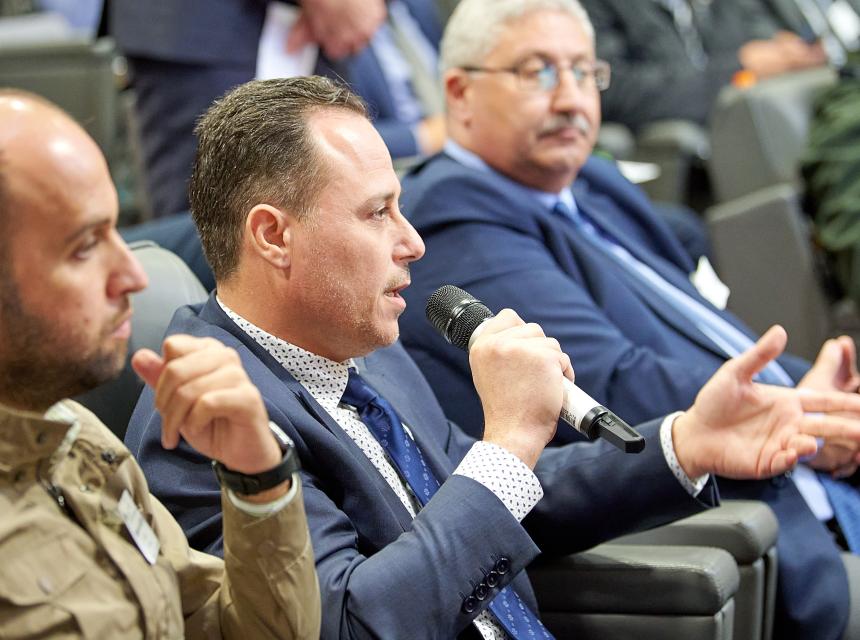Green Hydrogen in Jordan: Aqaba's Ambitions and European Partnerships
As the European Union accelerates its green energy transition, Jordan emerges as a key player in the Mediterranean, aspiring to become a regional hub for hydrogen production. Insights from Mohammad Ata Dardasawi, Chief Advisor of Aqaba Development Corporation, reveal Jordan's strategy to align with Europe's hydrogen policies and the challenges it faces.

A Promising Partnership in a New Energy Frontier
On June 11th, at the MED-GEM Network’s Second Industrial Advisory Board meeting in Brussels, Mohammad Ata Dardasawi shared Jordan's growing interest in green hydrogen. Representing Aqaba Development Corporation, he outlined the mutual benefits of collaboration between Jordan and Europe. "We've learned a lot by exchanging experiences with other Mediterranean countries and observing Europe's policy direction in green energy," he stated, highlighting Europe's intent to convert hydrogen into ammonia for easier transport to its energy markets.
Aqaba's Strategic Moves and the Hydrogen Challenge
Mr. Ata Dardasawi underscored Aqaba’s efforts to attract investments in hydrogen production, mentioning 12 Memoranda of Understanding and one formal investment agreement already signed. However, water scarcity presents a significant hurdle. "We're now planning to provide fresh water for investors to enable hydrogen production," he explained. Despite these challenges, Jordan’s renewable energy transition is already advanced, with 27% of its electricity generated from solar and wind.
Building Capacity for a Green Hydrogen Future
One key aspect of the interview was Jordan's need for capacity building and technical expertise in hydrogen production. The Aqaba Center of Excellence for Vocational Training is a new initiative aimed at addressing this gap. "Hydrogen is a new sector for us," said Mr. Ata Dardasawi, "and we’re looking to partner with the MED-GEM project to develop training programs with the EU." This partnership could include “Training of Trainers” programs to build local expertise.
Addressing Market and Certification Hurdles
While Jordan is eager to position Aqaba as a hydrogen hub for Europe, several market and regulatory challenges remain. “Currently, there is no clear market benchmark for hydrogen prices,” Mr. Ata Dardasawi noted, underlining the importance of establishing a structured market within the next few years. Additionally, the complexities around certifying hydrogen as "green" need to be resolved. "We need capacity building for investors and manufacturers to meet EU certification standards," he stressed.
A Path Forward Through Cooperation
As Jordan navigates the challenges of establishing itself as a key hydrogen supplier to Europe, cooperation with European partners and initiatives like MED-GEM Network could prove vital. By building capacity, addressing regulatory hurdles, and aligning with EU market demands, Aqaba has the potential to become a crucial node in the global green hydrogen network. Jordan's story is just beginning, but it already shows promise as a blueprint for other nations looking to transition to a greener future.

